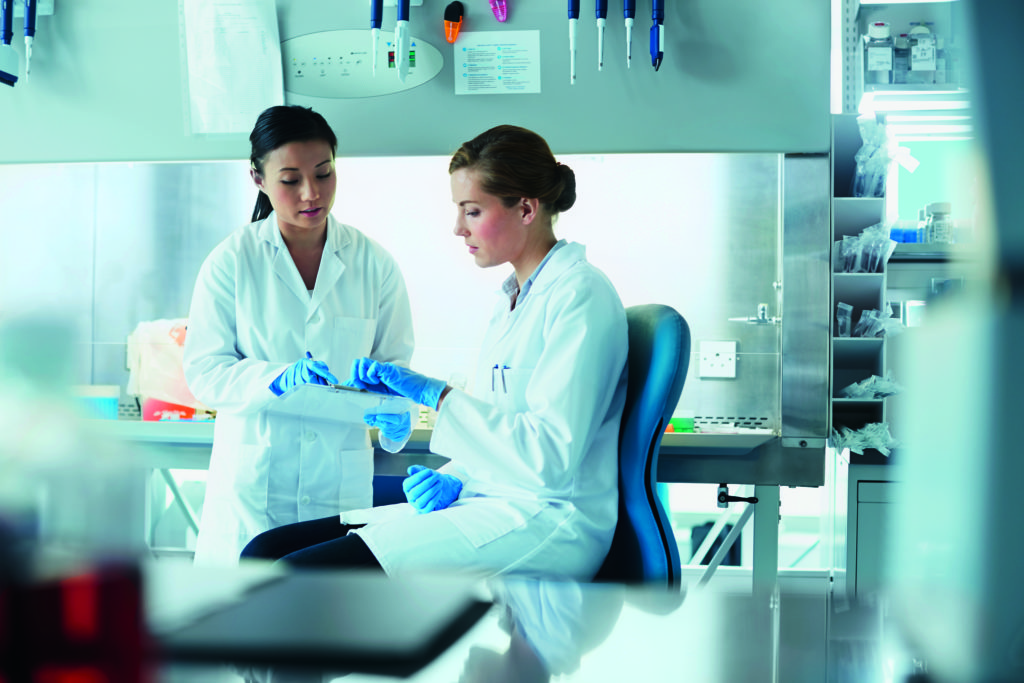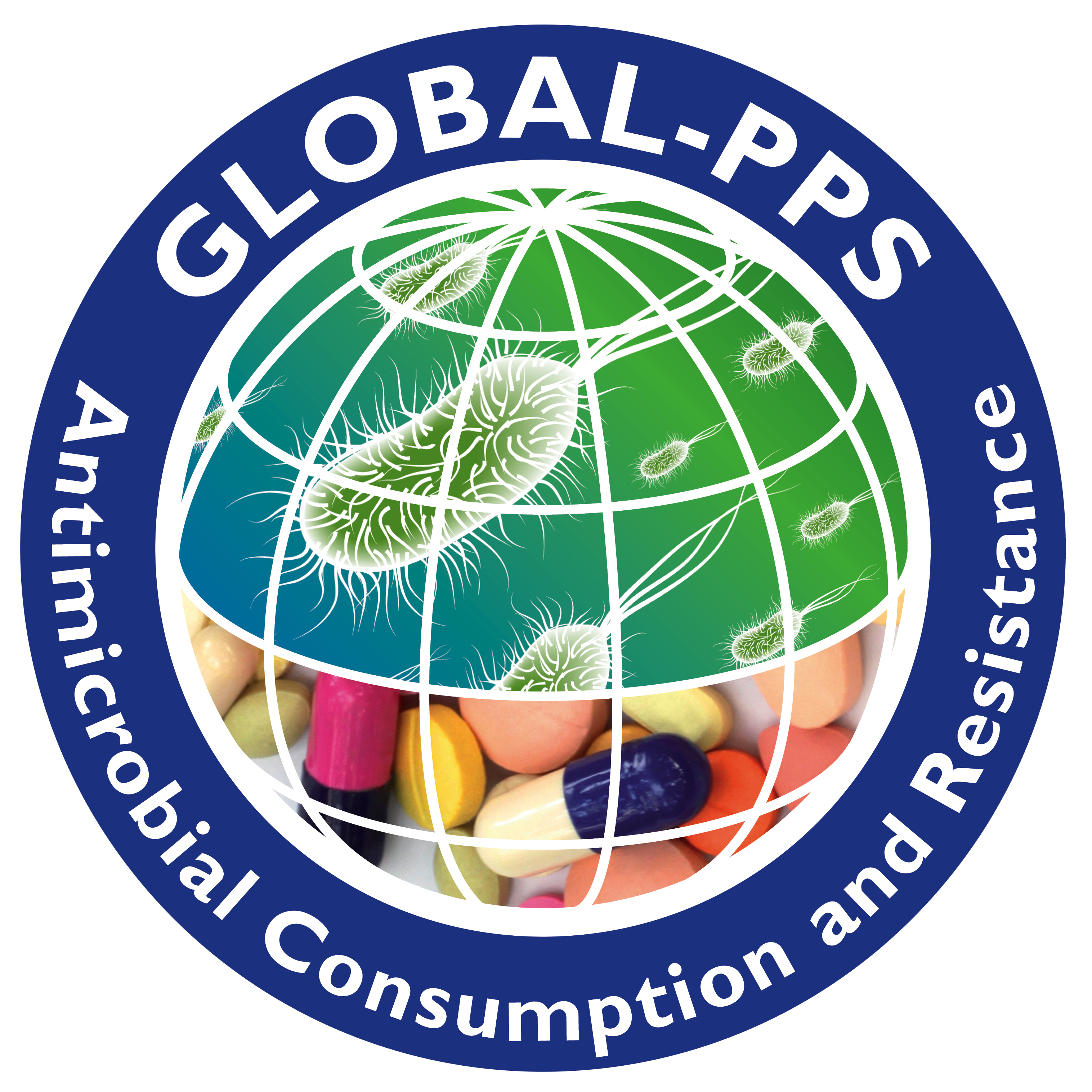bioMérieux – Collaborative project with Antwerp University (Pr Herman Goossens)


Rising antimicrobial resistance is recognized as a major public health challenge by many governments, world organizations and healthcare leaders. With a longstanding commitment and involvement in the diagnosis of infectious diseases, bioMérieux is very proud to be the sole supporter of the Global Point Prevalence Survey (Global-PPS) project, which significantly contributes to monitoring the worldwide prevalence of antibiotic consumption and resistance rates and to implementing Antimicrobial Stewardship Programs in hospitals
Health needs
The importance of surveillance of antimicrobial use and resistance profiles has been clearly recognized in several reports, such as Lord Jim O’Neill’s report with a specific issue dedicated on surveillance, in March 2016 or WHO reports. However, it appears that the accessibility to surveillance is very variable throughout the world and that some countries have very limited capabilities to assess antimicrobial use and resistance rates, both being key aspects to fight growing resistance and improve antimicrobial use in hospitals.
Initiative’s objective
Global Point Prevalence Survey (Global-PPS) is a world initiative of surveillance of Antimicrobial consumption and resistance. Global-PPS links antimicrobial use and resistance to indication, assesses dosing and a set of quality indicators using a standardized methodology for data collection and online data submission with feedback capability using a dedicated web-based tool.
The main aim is to help hospitals to identify targets to improve quality of antimicrobial prescribing. The tool helps hospitals to design interventions to promote prudent antimicrobial use and combat antimicrobial resistance; and to assess effectiveness of interventions through repeated Global-PPS.
The initiative was initiated in 2014 and globally conducted in 2015. The results of this first study were published in the Lancet Global Health in April 2018. The Global-PPS was repeated in 2017. This second edition of the study looked at 400 hospitals in 51 countries and collected data concerning more than 100,000 patients. Study findings were the subject of 22 posters that were presented during ECCMID 2018. In view of the importance of this information to effect beneficial changes in hospital practice, the GLOBAL-PPS will now be repeated annually.
Initiative’s description
This initiative, managed by the University of Antwerp and sponsored by bioMérieux, supports hospitals and country coordinators in establishing structured and sustainable local and national surveillance activities, a first step towards improved antibiotic prescribing in hospitals.
The Global-PPS in 2017 focused on low- and middle-income countries (LMICs) where high antimicrobial prescription rates and resistance levels have been reported. Most of the participants for the very first time assessed prescribing patterns in their hospital and country. The coordinating team further helps participants towards interpretation of their results (feedback report) as well as communication at local (PPT presentations) and international level (congresses).
The 2017 survey has been launched together with a series of educational tools to support LMICs, in particular, a PPS e-learning tool developed by the British Society for Antimicrobial Chemotherapy (BSAC) and launched with bioMérieux’s support. This training module, associated with other tools, will help hospitals to develop and implement customized action plans based on their Global-PPS results and local priorities. To compliment this commitment, bioMérieux is offering a grant for three fellows from low or middle income countries to spend 2 weeks of training at the University of Antwerp, Belgium. During ECCMID 2018, bioMérieux and the University of Antwerp awarded scholarships to three healthcare professionals, from The Philippines, Egypt and Brazil, for their commitment to improve antibiotic use in order to combat antimicrobial resistance. The awarded fellows will develop new tools for local antimicrobial stewardship implementation. This initiative will help to reinforce networking, collaboration between sites, improve knowledge in antimicrobial stewardship and participate to Global PPS awareness and spread.
Impact
More hospitals from LMICs are expected to participate in the future.
Up until now, approximately 200,000 euros have been invested per year in this project (for 4 years). Thousands of healthcare professionals voluntarily participated for free, just willing to improve healthcare practices in their hospitals and help fighting against antimicrobial resistance. In 2017, some country representatives received local support (including in some cases financial support) from their Ministry or other.
Lessons for success
This project proved to improve communication in and between hospitals. It stimulates discussions with healthcare authorities, leading, for example, to the development of local guidelines. A full web-based and customized report is provided to each hospital, helping them to define and implement their own improvement action plan.


